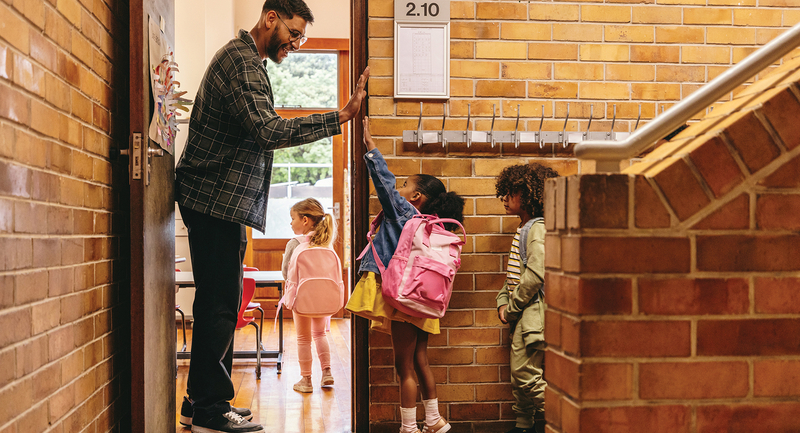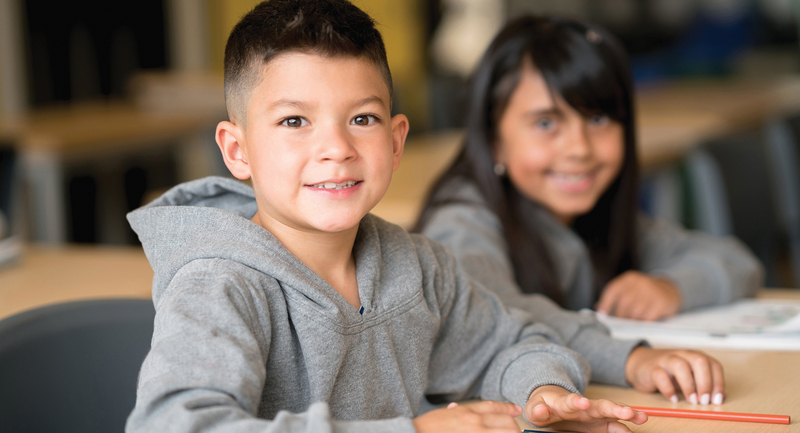A Place They Belong
Students living with poverty need to hear from their teachers and administrators that school is not only a place for them, but a place where they can succeed. High expectations is part of it, but so is providing necessary supports to meet their individual needs. The classroom, and schools as a collection of classrooms, should be places of both high academic challenge and high support to meet those challenges. It is not either/or but both together, working to help students succeed in living the best life possible. Education is about making a difference in the lives of students now and in the future. The adults who work with them and the attitudes they bring to that work are key.
—Eric Larison, retired assistant superintendent for instruction, Solvay Union Free School District, Syracuse, New York
Show You Care
Students need to know that their teachers care. I teach high school seniors. I make sure they get all the school announcements and know where to find timely information about senior portraits, visits to the Career Center, college fairs, sports schedules, student government, club announcements, etc. Many of my English language learners work after school and come to school tired. They are highly motivated to earn that diploma, but their motivation might look different from that of a middle-class student. They. Are. Tired. And yet they show up every day ready to learn.
—Eva K. Sullivan, English teacher/English language learner teacher, Montgomery County Public Schools, Maryland
Success Through Social Work
Students living in poverty need access to reliable adults to help navigate the multiple resources available in large metropolitan areas such as Dallas–Fort Worth. I have seen firsthand the impact a dedicated social worker can provide—improved attendance, leading to better academic achievement, leading to less negative behaviors. Through partnerships with area universities and their internship programs, our social worker has expanded his reach while providing university students with opportunities to mentor our most delicate high school students. The reciprocal relationship between the high school students and university students has allowed our struggling students to build a repertoire of navigational skills and grow toward a better life outside of school for not only themselves, but their families as well.
—Kay Young Wolfe, teacher, Mesquite ISD, Mesquite, Texas
Empower, Don't Coddle
I have found students living in poverty need compassion, accountability, and hope from their teachers and school leaders. Educators can't just feel sorry for and coddle their students; they should empower them. Education is a means to change their future circumstances.
—Amanda Austin, principal, Iberville Parish School Board, Rosedale, Louisiana







